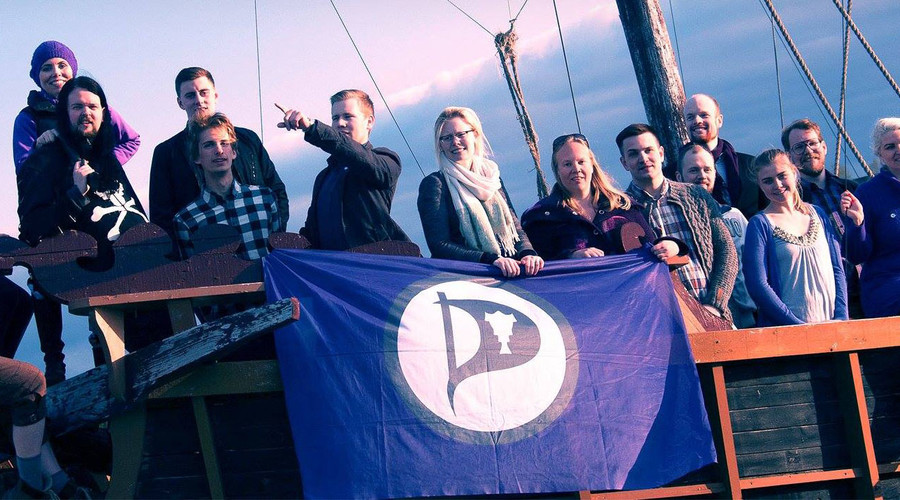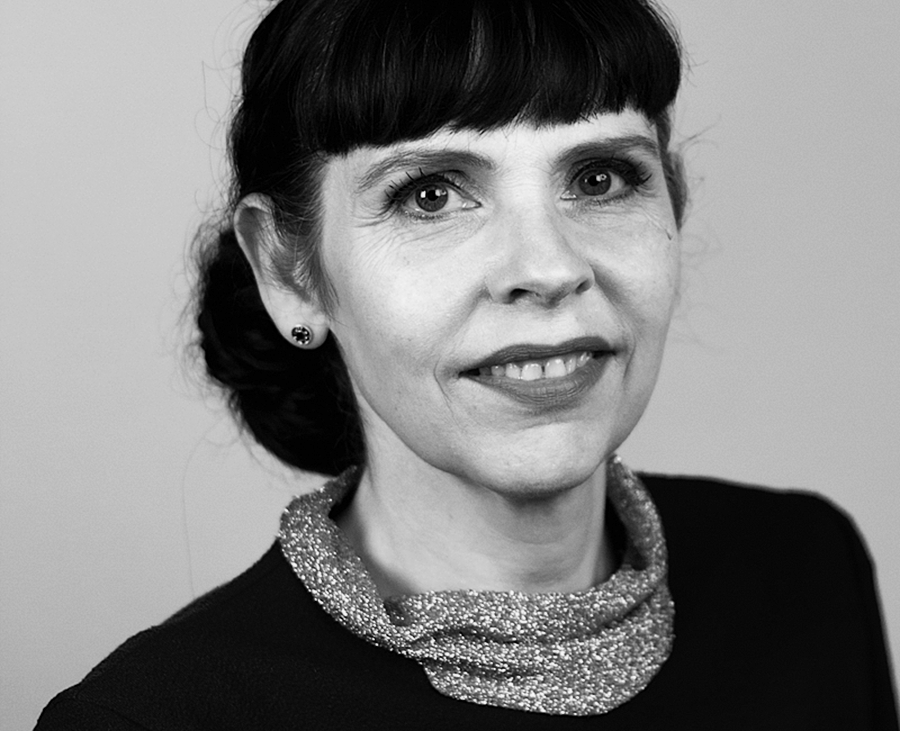Two years after the murder of journalist Daphne Caruana Galizia, Malta's vast cesspool of corruption has become impossible to ignore. The EU's smallest member state is on the brink of failure.
By Frank Hornig and Juan Moreno
Michael Vella, father of late Daphne Caruana Galizia, holding a portrait of his late daughter
at a protest demanding justice for her. Darrin Zammit Lupi / REUTERS
"There are crooks everywhere you look now. The situation is desperate."
Daphne Caruana Galizia on Oct. 16, 2017, in her last blog entry, posted 24 minutes before her murder.
It's tempting to ask Corinne Vella how she avoided going crazy in the last two years. It is one thing, after all, to lose your sister to a hit job -- to learn that she was murdered in cold blood by a car bomb. But it is quite another to live with the conviction that neither the police, nor the country's government nor public prosecutors seem to have much of an interest in getting to the bottom of the crime.
Vella is sitting in the lobby of the luxurious Phoenicia Hotel in Valletta, the capital of the Mediterranean island nation of Malta. Jazz is playing in the background and the waiters wear ties, at pains to serve guests from the correct side. Vella is a serene woman, perhaps even shy. But she's here because she wants to talk about her sister and the factors that led to her death. It's the strategy she uses to avoid going crazy. "Daphne basically became my job. There isn't much else I've done in the last two years."
Vella is the sister of Malta's most famous journalist, Daphne Caruana Galizia. Daphne, as everyone in the country calls her, was murdered in a targeted killing on Oct. 16, 2017. She was a blogger, and her frequently extremely well reported, occasionally biting and sometimes humiliating reports were required reading on the island. Some of her entries were read more than 400,000 times. Everyone knew Daphne, many were afraid of her -- and not a few hated her.
"When Daphne was killed, people wrote on social media that the witch had finally got what she deserved," says Vella. Her family closed ranks after the murder and resolved to do everything in their power to ensure that the murderer would not go unpunished. Aunts, nieces, sons: They all protested at government agencies, got European institutions involved and spoke at journalism conferences.
The investigation, meanwhile, proceeded only sluggishly. Police arrested three suspects, ex-convicts who officials felt could have been responsible because of their criminal records and because of clues that seemed to point in their direction, but there was no obvious motive. Why should these men kill a journalist? Caruana Galizia never wrote a word about them. Who really wanted the prominent journalist dead?
Moving Quickly
Now, a bit more than two years after the attack, things have suddenly begun moving quickly. Two weeks ago, Yorgen Fenech, a businessman and a member of one of Malta's wealthiest families, was arrested on his yacht -- apparently just as the multimillionaire was preparing to leave the island. He has since been charged with accessory to murder. Despite incriminating witness testimony, Fenech continues to deny any wrongdoing. He has, however, accused a member of the Maltese government of being involved in the murder: Keith Schembri, chief of staff to the country's prime minister.
Schembri resigned last week, despite insisting he is innocent. But then Prime Minister Joseph Muscat also announced his intention to step down in January. Opposition politicians in parliament demanded that he not wait so long and vacate his office immediately. Meanwhile, demonstrators pelted Muscat with eggs.
"It has been the two most chaotic weeks in Malta's recent history," says Corinne Vella, adding that she has spent almost the entirety of the last few days on her mobile phone because of the torrent of news. For the first time, she now has the feeling that she may ultimately learn who killed her sister.
Daphne Caruana Galizia's sister, Corinne Vella - Gianmarco Maraviglia/ / DER SPIEGEL
Malta, the European Union's smallest member state, generally stays out of the headlines. Two-and-a-half years ago, DER SPIEGEL and other European media outlets involved with European Investigative Collaborations (EIC) published the "Malta Files," which revealed how German companies were able to save on taxes by establishing themselves on the island. Beyond that, not much tends to be written about the country and its 475,000 residents.
Now, though, dubious links between Maltese business leaders, politicians and organized crime have become visible, and it increasingly looks as though Malta operates by a different rulebook than the rest of the EU. The separation of powers in the country appears to be largely non-existent, with police doing the bidding of politicians and the anti-money-laundering agency joining the judiciary in turning its back all too often on malfeasance, instead of investigating, prosecuting and punishing criminal behavior.
A poster of Maltese Prime Minister Joseph Muscat - Guglielmo Mangiapane/ REUTERS
Alarmed, the European Parliament sent a delegation to Malta a few days ago, with the European Commission in Brussels warning the country's government to refrain from exerting political influence on the investigation. The murder of Caruana Galizia, it would seem, is no longer just a problem for Maltese politics. It is now emerging as an acute threat to European values, the rule of law, the freedom of the press and a rules-based market economy. Ultimately, it is about how many banana republics the EU can tolerate within its ranks.
There is much more on this story at Der Spiegel.






















